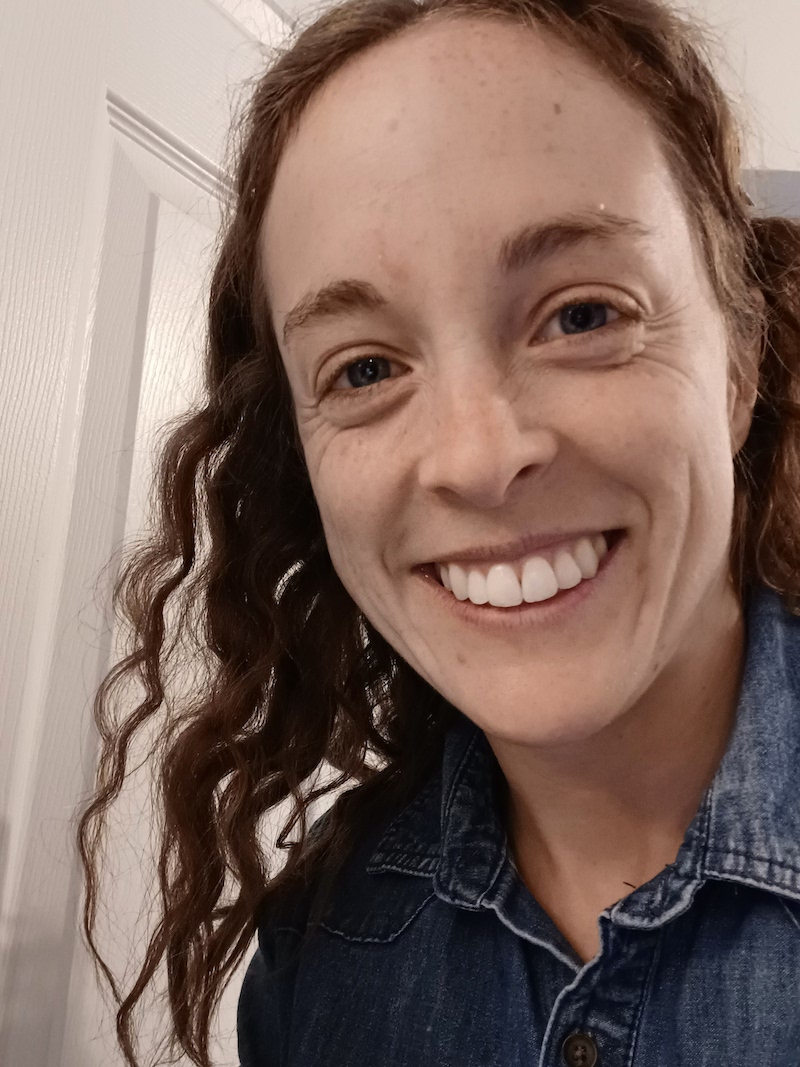Letters of Recommendation
I have two guest posts today. I paid these authors for a post, and I promised that I would submit whatever they wrote, regardless of content. The first is my daughter Heidi, and the second is my son Peter.
Heidi
When I was three, we lived in a little apartment just outside of Washington, DC. My brother loved everything math and computers, and would sit down and watch the numbers scroll on my dad’s old graphing calculator for hours. It definitely wasn’t my thing. I loved art and reading and everything Disney. Until my mom got a mission in her mind. She wanted to get me involved, and she wanted me to enjoy it. Anyone else would have sat down with me and said “You’re going to learn and you’re going to enjoy it,” and I would have, but would have forgotten it at the nearest possible time. Instead, what she did stuck with me to this day, being a freshman in high school. She sat with me, on our living room floor, and spelled out a game.
Here’s what she said (I’m paraphrasing, obviously, since this was 10+ years ago): The fairies were having an Olympic Games, and since Heidi wasn’t able to come (because of her early bedtime), they figured out a way to send her the results. They would send fireflies up into the sky. But, fireflies could only turn on or off, so we made up a code. Each fairy had her own sequence of four or five ones and zeros, which represented the fireflies being on or off. Sounding familiar to anyone? I didn’t know it then, but she was giving me an early foundation of binary, and it made learning it the other times people randomly decided to teach me much easier.
My mom is the queen of passive conflict resolution. Whenever something happened, she would sit down with her blue notebook dubbed the Incident Report Log and talk to both sides. She had some rules and she followed them, like ‘Talk to me, not the defendant’ and ‘One person at a time’. She figures out the general timeline of events from the prosecutor, then fills in the missed details using the testimonies of the defendant and other witnesses. But then, something special happens. She finds out the emotions behind the problems and asks questions such as ‘How do you think Peter felt when you yelled at him?’ or ‘How do you think Heidi felt when you took her drawing and used it to wipe your seat?’ Then, and only then, would she state a verdict and fine, punish, assign community service, etc.
No one likes leftovers. Who wants to eat the sloppy, reheated goop that was too terrible to eat the day before? Me! My mom made eating leftovers a holiday! Here’s how it went: She went around, asking everyone for four numbers from 1-10. Each number meant a certain food, and ten minutes later we were served up a plate with four random foods on it. Then, she wrote up a chart, with names on one side and foods received on the other side. We’d go through and figure out what food was what number, and then order whatever we wanted. End results: leftovers eaten, children thinking, and a very impressive chart on the kitchen whiteboard. She always goes above and beyond, way past anything reasonable. When anything happens, she jumps in with two feet, and turns it into something to remember. She makes learning seem fun and important, and provides support and encouragement on every side. She makes normal days and normal experiences adventures.
Peter
When the pandemic hit, she instantly picked up school by launching operation starbase. This was her first attempt at PBL, where all the kids were simulating traveling from earth to the moon, creating a base and surviving with just the resources on the moon and a few that were from earth. This was effective because we later made a short movie about the whole ordeal.
Later on, she tried her most revolutionary breakthrough; Economics. We each were set up on minecraft with nothing but a village house and ten emeralds, and we were to transform it into a super society. For the most part, it worked! Everyone knew about economics and investments and all kinds of useful stuff. With her, the real world doesn’t start here. The real world is everywhere.
Another useful skill includes the ability to form children into systems. Many currently existing ones include a rotating table-cleaning job chart, saturday chores, each child having a cleaning zone, and organized times in the day for doing projects, free time, school, school preparations, and so much more.


